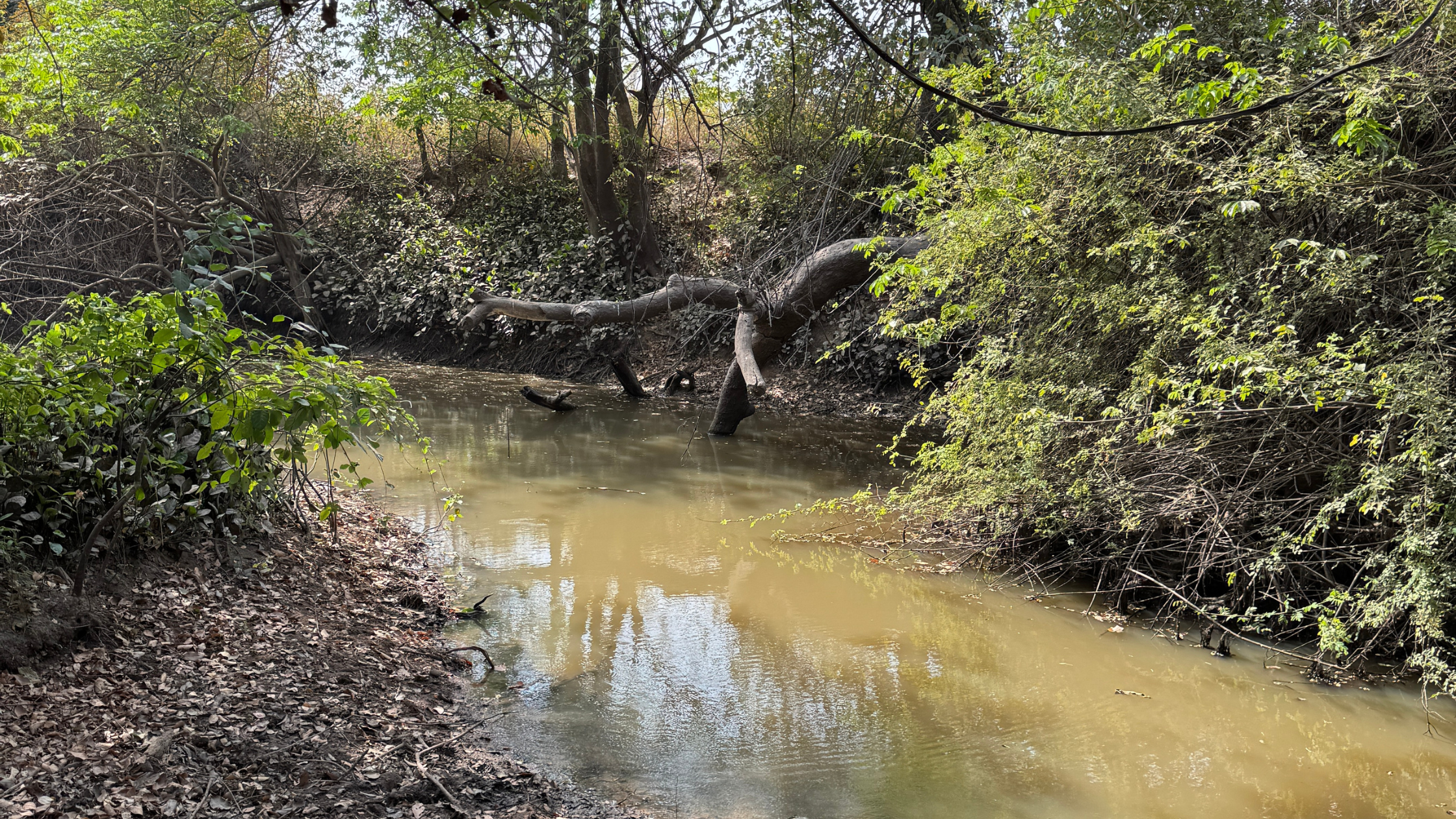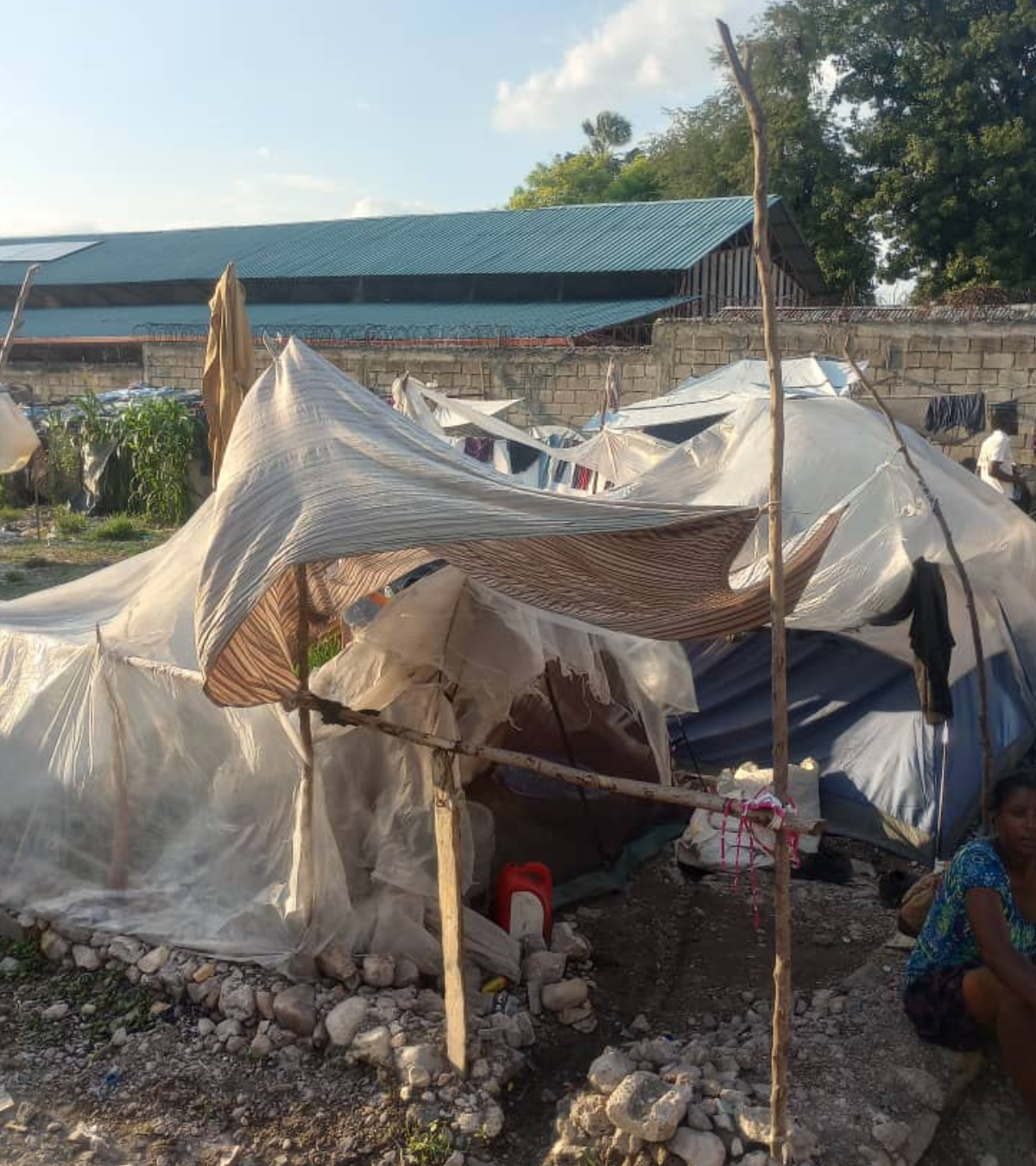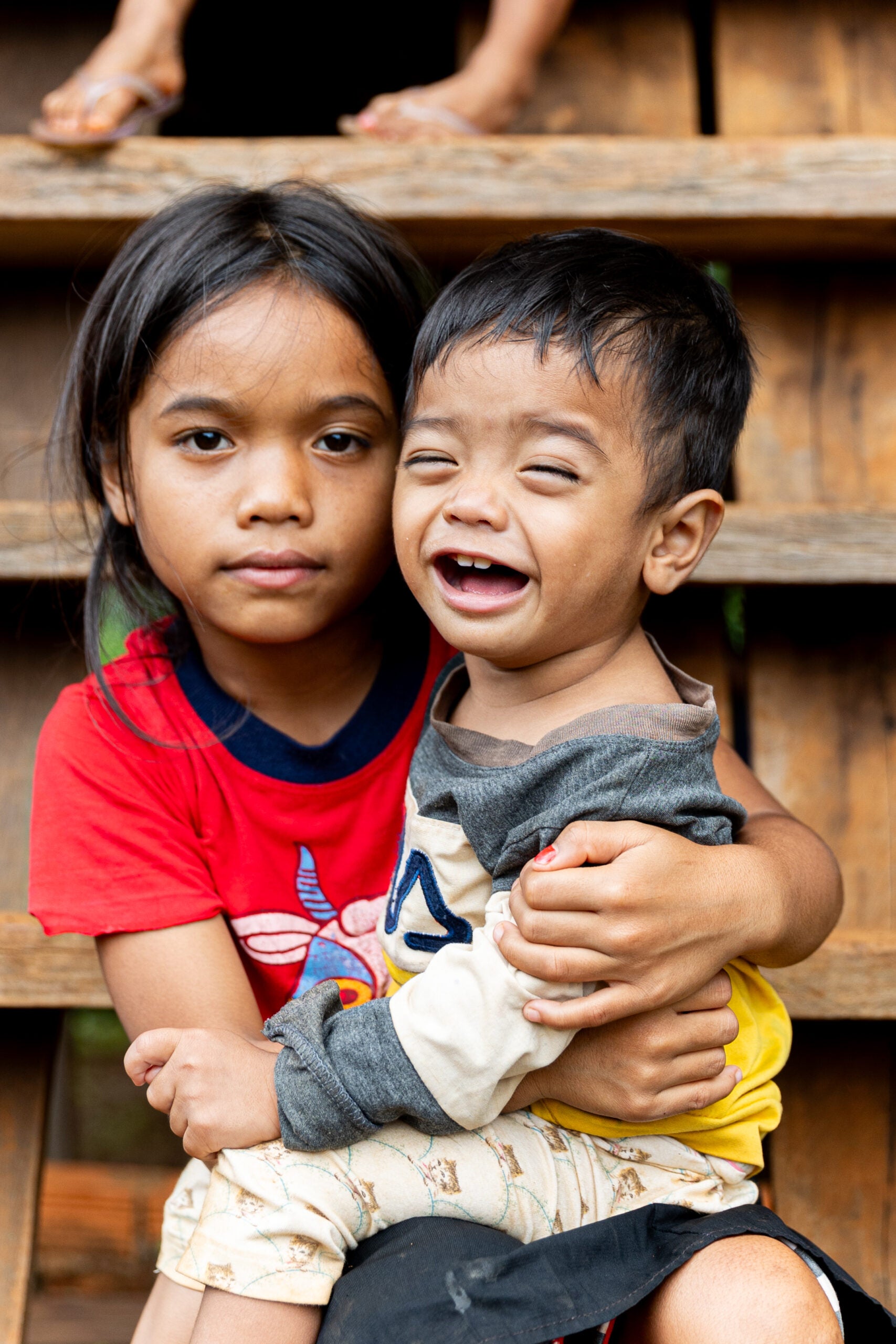
A Biblical View on Poverty
Part 1
Defining Poverty
Poverty is not simply a lack of things, and the opposite of poverty is not wealth – the opposite of poverty is enough.* Relationships whether healthy or unhealthy; systems whether healthy or unhealthy can determine if a person will end up experiencing poverty or having enough.
In his book Rich Christians in an Age of Hunger, Ronald J. Sider clears up some misconceptions about the poor, he writes, “To reduce the suffering of the poor, it is essential to know what causes poverty. If we think most poverty results from laziness when, in fact, inadequate tools and unfair systems are major factors, our best efforts will fail. If we think unjust structures are the only cause of poverty when, in fact, personal choices play a role, we also will fail. To be successful, we have to start with truth” (p. 129).
He goes on to share 6 causes that create and perpetuate poverty:
- Unbiblical worldviews
- Disasters
- Lack of knowledge and technology
- Great inequalities of power
- Western colonialism
- Sinful personal choices
The multi-faceted and interconnected nature of poverty can help us to shape a right and just understanding of poverty and the poor. All these issues together form a picture of poverty. Poverty is a complex issue. Not every person will be equally affected by each facet of the points listed above. Not everyone experiencing poverty is in that place because of their own doing.

Poverty is a result of brokenness. Sometimes the poor are poor because of the failure of the community to care for each other the way God intended. Sometimes vulnerable communities are unable to provide because the entire community is experiencing poverty together.
God’s Plan to Prevent Poverty
In Deuteronomy 15, Moses communicates God’s plan for his people to practice a Sabbath year. The Sabbath year, also called The Year of Jubilee, is a year focused on restoring right relationships with God, others, and the land. Israelites cancelled their debts with one another. This was part of God’s design to eradicate poverty.
Deuteronomy 15:4-5 (NIV) reads, “However, there need be no poor among you, for in the land the Lord your God is giving you to possess as your inheritance, he will richly bless you, if only you fully obey the Lord your God and are careful to follow the commands I am giving you today.”
These verses speak to the heart of God. He does not want people to experience poverty; either materially or relationally. Knowing fully who we are and how we often treat one another, He created a plan for humanity’s goodness and for us to flourish. If we truly embrace God’s plan, there will be no poor among us.
What Can I Do?
Poverty is not part of God’s plan, but He understands human nature. So, when we read further in Deuteronomy 15:7 (NIV), it says “if anyone is poor among your fellow Israelites in any of the towns of the land the Lord your God is giving you, do not be hardhearted or tightfisted toward them.” He is calling humanity to love one another, to be generous and caring toward our fellow sojourners.
It is very easy to slip into a scarcity mindset thinking that if we give generously, we won’t have enough for ourselves. This is not true. God owns everything. He has made us stewards of the things we have been blessed with. The law of the Kingdom is that we cannot outgive God. The more we trust Him with what He has blessed us with, the more He blesses. Pray and seek Him. Ask Him what part He is calling you to play in poverty alleviation. No, you cannot help everyone, but everyone can help someone.
*Dr. Wess Stafford, President Emeritus of Compassion International
In partnering with World Hope International, you increase our capacity to provide those in need with opportunity, dignity, and hope in some of the most vulnerable communities in the world. When you give to The Hope Fund, you help strengthen programs through World Hope’s 3 pillars of Clean Water and Energy, Global Health, and Protection and Education.

